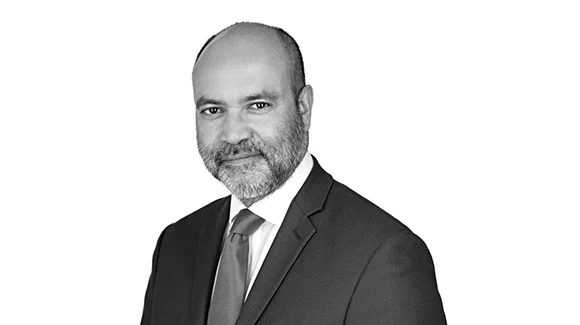Return to the ‘old normal’
“2024 is a pivotal year. It is the year we can look back and say the period of zero interest rates, between 2008 and 2020, is now behind us. That was an abnormal period. We have returned to an ‘old normal’ world, forgotten for the past 12 years, and we think higher real interest rates are here to stay.
“This year could also be pivotal in terms of how central banks react to inflation. It is not a done deal that inflation will fall back to target, and it may take longer than markets think. The ‘everything rally’ seen in January and February of 2024 was a symptom of the market being too optimistic on the speed of interest rate cuts going forward.
“We think this pivotal moment is best represented by forward expected returns from fixed income. Higher interest rates have pushed bond yields up, meaning investors finally stand to receive an income from fixed income. That hasn’t been the case for the past 10-15 years. Plus, over the long term, fixed income returns tend to be dominated by the income component as opposed to the month-to-month or year-to-year capital variation.



